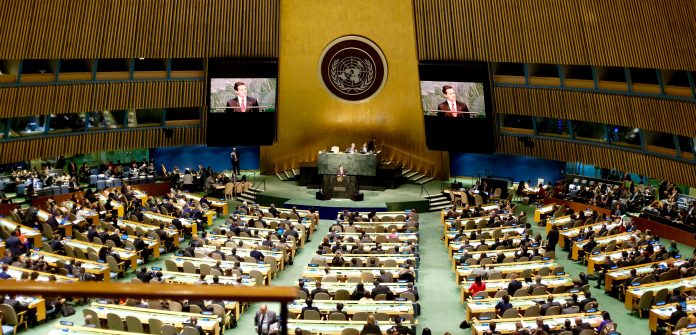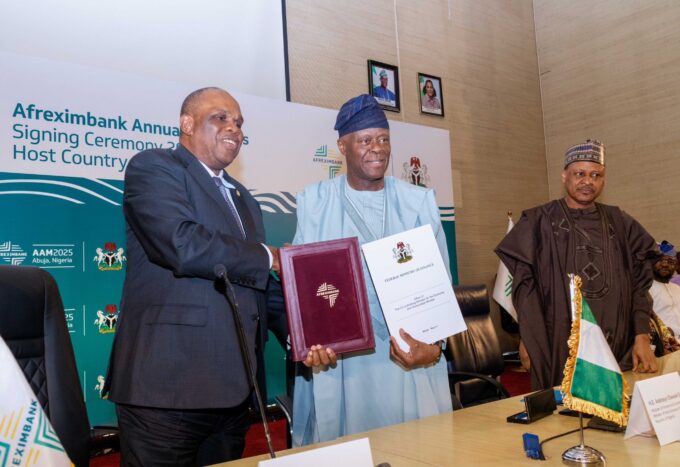The International Fund for Agricultural Development (IFAD) has estimated that remittances sent to developing countries could cross $6.5 trillion between 2015 and 2030, involving over one billion senders and receivers.
IFAD said in 2017, 200 million migrants sent $481 billion to remittances-reliant countries of which $466 billion went to developing countries, helping sustain about 800 million people across the world.
This amounts to more than three times the annual official development assistance that countries give in aid, the rural development agency said.
Close to half of remittances will go to rural areas where poverty and hunger are the highest, according to IFAD.
“Remittances are vital for millions of families, helping them to address their own development goals, but we can help them do more and build their longer-term future,” Gilbert Houngbo, President of IFAD said.
According to IFAD analysis, families spend about 75 per cent of their remittances on basic needs such as food, housing, education and health.
“Remittances help reduce hunger and malnutrition, improve education and health levels, and lift people out of poverty.
“By doing so, remittances contribute directly to the Sustainable Development Goals set by the international community in 2015.
“Not only are remittances a critical lifeline for millions globally, the direct benefits of money sent home by migrant workers touch the lives of one in every seven persons on the planet,” IFAD said.
According to IFAD, after spending remittances on basic needs such as food, housing, education and health, a sizable amount – over 100 billion dollars, still remains.
“This presents a large pool of resources, which can then be invested in financial and tangible assets such as savings or small business development that help families build their future.
“These productive activities can also create jobs and transform economies, in particular in rural areas.
“Given appropriate investment options, customised to their circumstances and goals, remittance families will invest more and become agents of change in their communities,” IFAD said.














